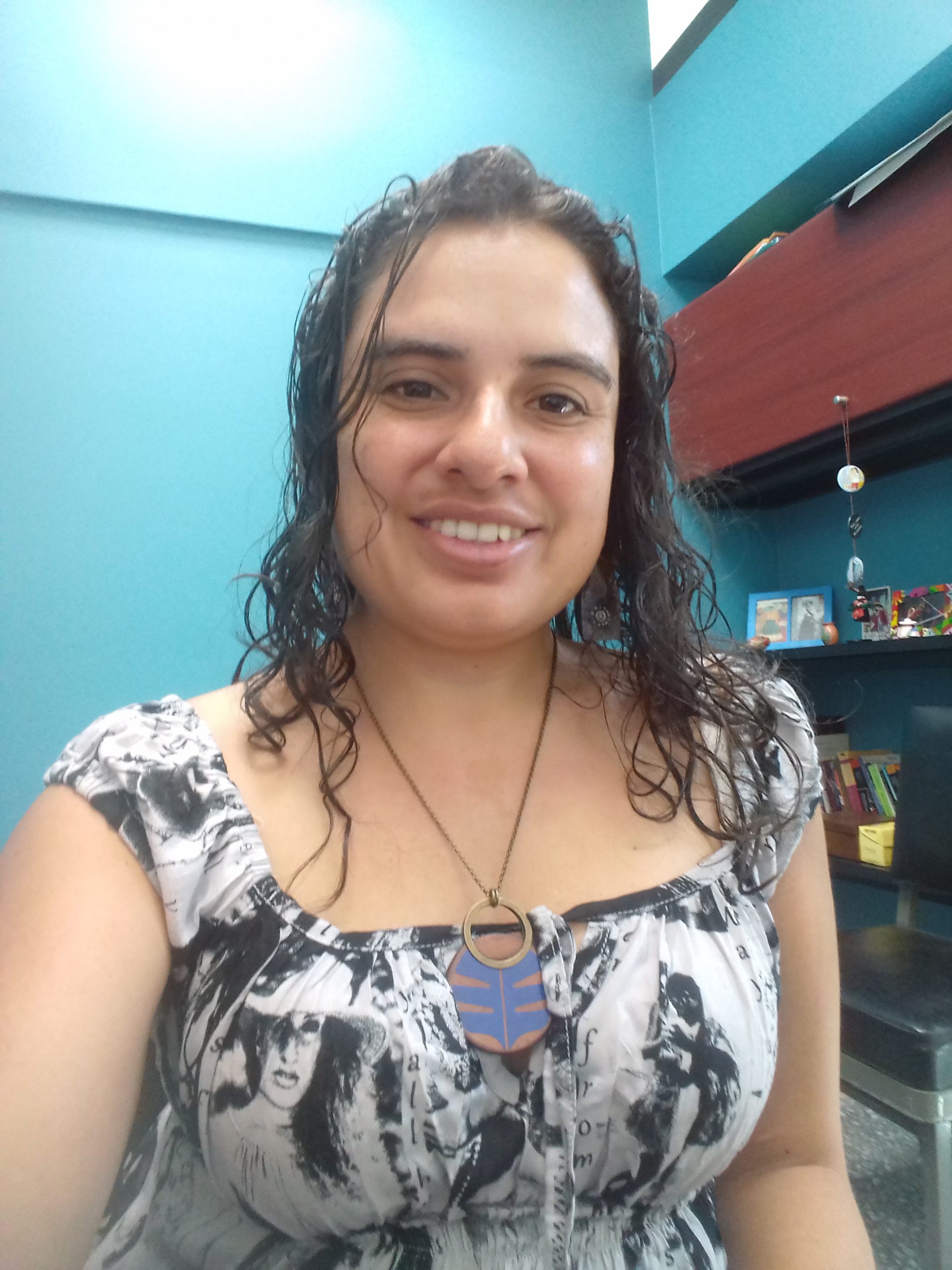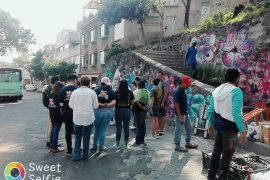Laura Paniagua Arguedas
mexico
5 March 2019Ph.D. Student
Urbanism, Universidad Nacional Autónoma de México (UNAM)
Laura Paniagua Argueda’s Research Project:
The spatial interventions promoted by accessibility policies in Latin America reflect the fact that the devices or equipment and the way in which these are distributed in the cities, is fragmented because they lack a connection between them. Some forms of transport, commerce, buildings or housing are “accessible”, but the public space that serves as their environment is not. This fragmented urbanism allows the access to some segments of the city, but the street, a public space par excellence, is not yet propitious for the daily mobility of people with disabilities in an autonomous way. Pedestrian and daily mobility shows problems and difficulties due to the absence of universal design.
Using feminist urbanism and a qualitative methodology, this research will analyze the experiences of daily pedestrian mobility of young people with disabilities from 18 to 35 years old, residents of the Greater Metropolitan Area of Costa Rica. The study seeks to analyze the advances and limitations of accessibility policies when they are implemented in public spaces, at the same time that it would allow generating guidelines for urban public policy for the search of universal accessibility, so the cities to be inclusive by facilitating autonomous pedestrian mobility.
Keywords: Pedestrian mobility; disability; universal accessibility; fragmented urbanism; feminist urbanism.
Supervisor: Ana Melisa Pardo Montaño






